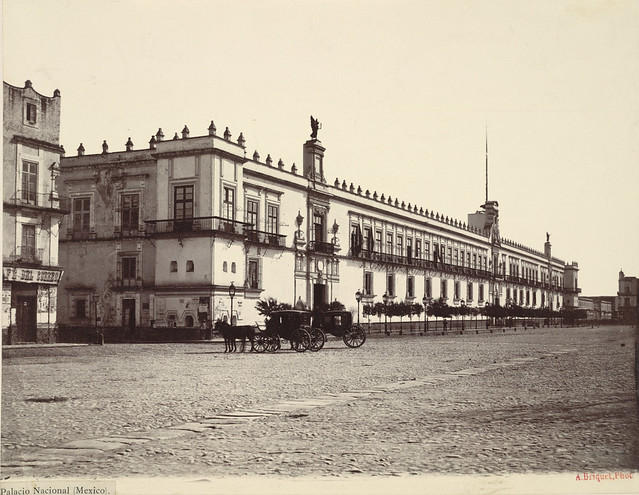Freihafen, Kronkolonie Oberpfalz, Amerika
Freihafen was the capital of the Crown Colony of Upper Palatinate, the Germanized name for the former colony of Louisiana. Louisiana had been partitioned by Britain and Germany after they had seized it in the 1770s, taking great care to see to it that the region was sufficiently settled with new settlers. Germany had purchased much of the Southern colonies from the British Empire as a means of helping stamp out dissent and weakening the general power of the Sons of Liberty. The colonies were very unique in their creation. When Germany purchased the land and arrived to set up shop, they began forcible emancipation of slaves, as slavery was banned under the German Constitution. This lead to the mass exodus of white slavers into colonies such as the Carolinas, Appalachia, and other places; while the negroes, mulattos, Natives and Creoles remained behind, in control of the state.
German settlers of white descent were arriving in the region to find new sorts of prosperity, the coloured folk were certainly the majority, and the Germans treated them as they would standard citizens. Germany knew, for relative point of fact, that eventually, they would govern this land, and so they instituted pervasive education and literacy programs to ensure every German citizen in America was well-educated, and a true representative of the German nation.





